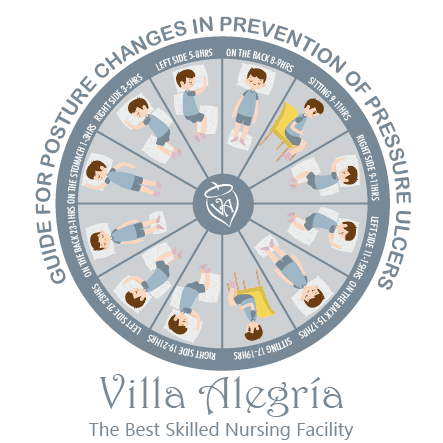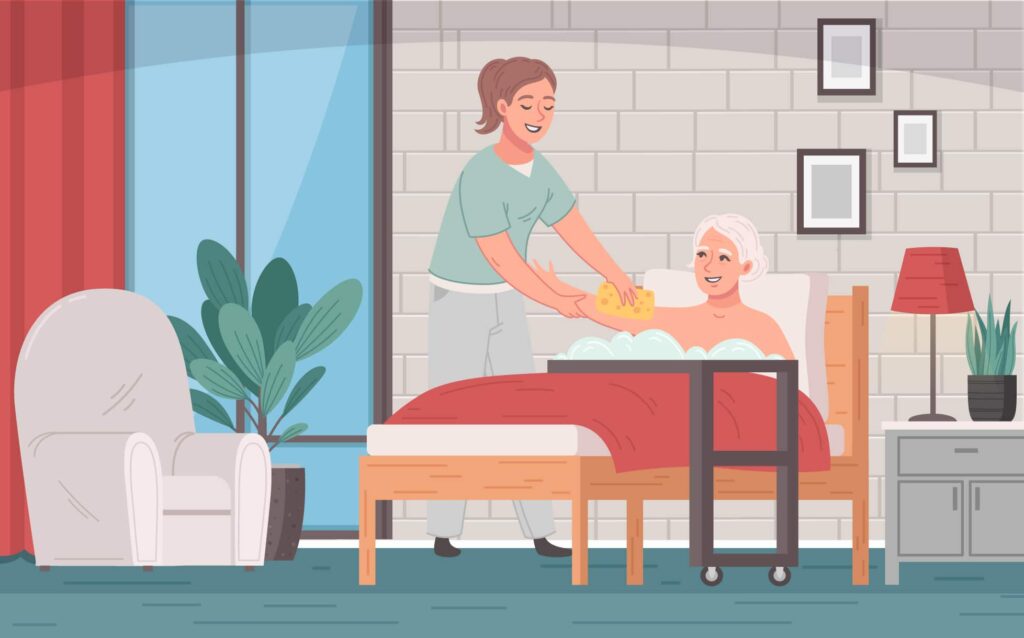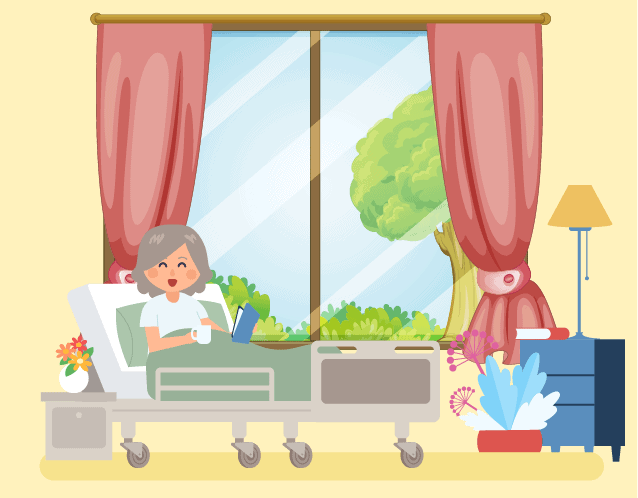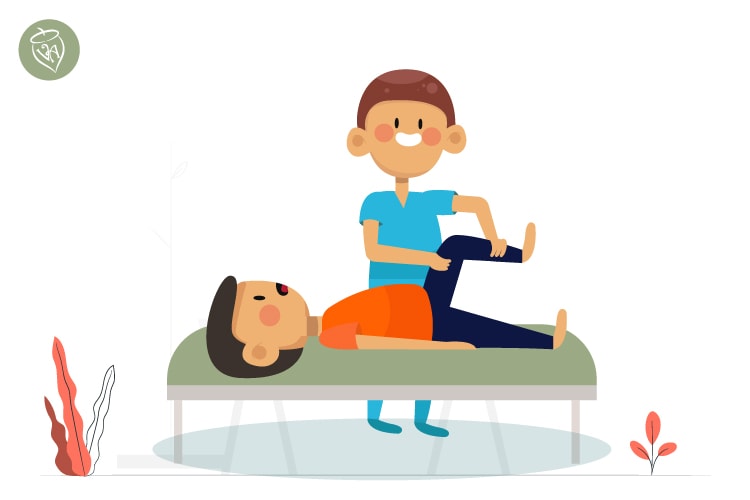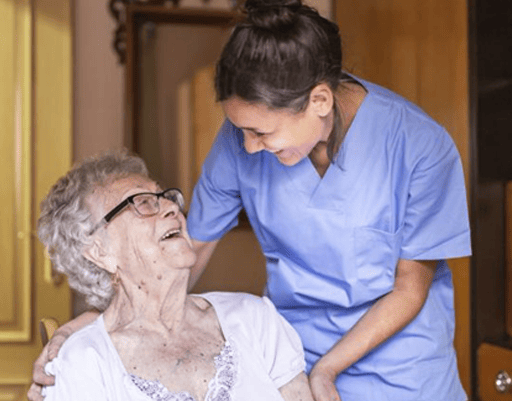
Comprehensive Guide for Bedridden Patient Care and Prevention of Pressure Ulcers
Table Of Contents
- 1 Postural Changes for Continuous Well-Being
- 2 Hygiene and Comfort at All Times
- 3 Adapted and Balanced Nutrition
- 4 Comprehensive Skin Care
- 5 Mental Stimulation and Personalized Entertainment
- 6 Effective Communication and Technology Use
- 7 Mobility Exercises and Prevention
- 8 Emotional Care for Patient and Caregiver
- 9 Transparent Communication with the Medical Team
- 10 Additional Resources for In-Depth Understanding:
Mile R.
0
